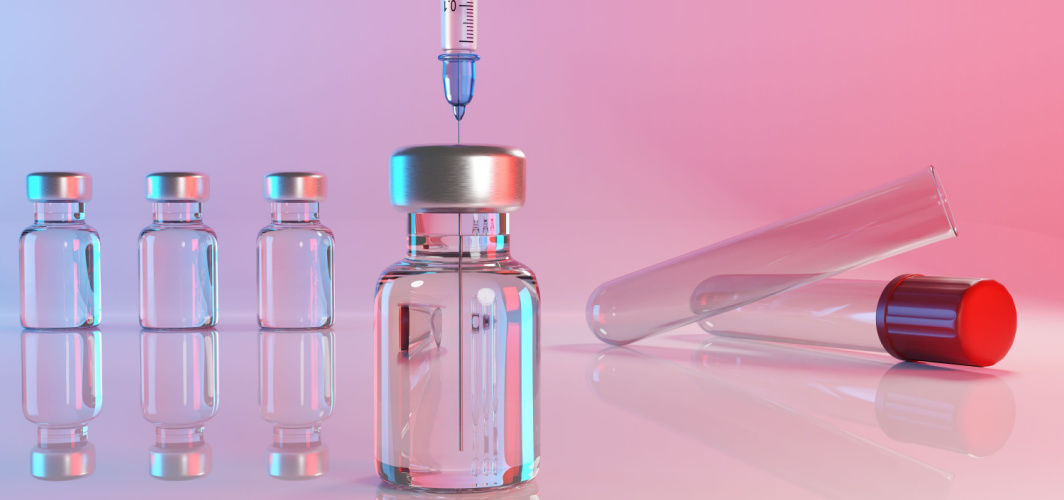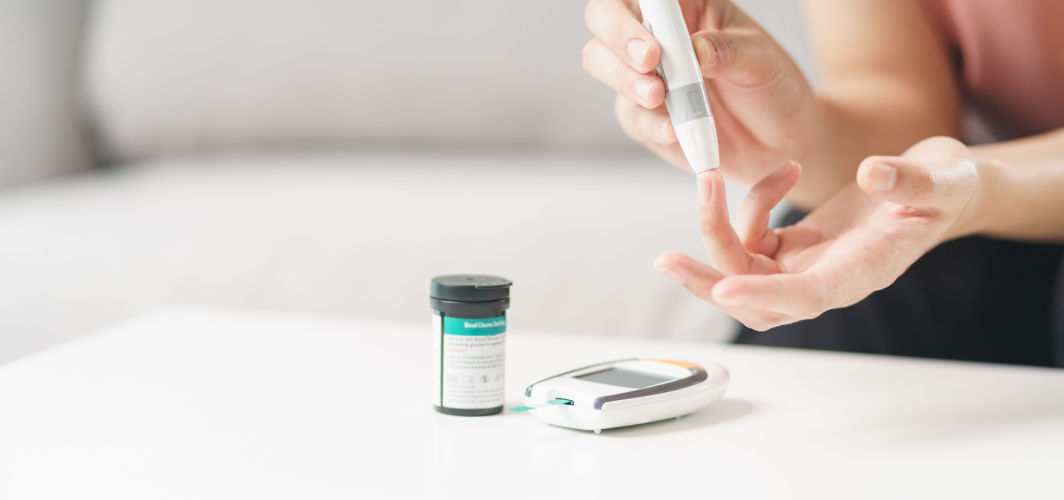Diabetes Management
Ground Breaking Developments In Diabetes Treatment And Management
3 min read
By Apollo 24|7, Published on - 17 May 2023, Updated on - 16 June 2023
Share this article
0
1 like

Diabetes is a chronic condition that affects millions of people worldwide. It affects the body's ability to produce or use insulin, leading to high blood sugar levels. Diabetes treatment and management are essential to prevent complications and maintain good health. Currently, diabetes is treated with the help of insulin therapy, oral medications, and lifestyle changes such as diet and exercise. However, there have been various advances and developments in diabetes treatment and management. Let's know more about them.
Latest Developments in Diabetes Treatment
1. Continuous Glucose Monitoring (CGM)
CGM is a device that checks your sugar levels at all times. Thus, you can adjust your medicine and food to keep your sugar levels healthy.
2. Closed-Loop Insulin Delivery System
It is a device that uses CGM information to give you the right amount of insulin automatically. This helps prevent a dangerous drop in sugar levels.
3. Artificial Pancreas
This is a device that acts like a pancreas and gives you insulin automatically based on your CGM results. It has done well in testing and should be available soon for diabetics.
4. Islet Cell Transplantation
This is a surgery that involves the transplantation of insulin-making cells in your pancreas. It has been successful in improving insulin and sugar control.
5. Gene Therapy
It is a new way of treating diabetes by changing genes to make insulin or help the body use it better. It's still being tested but is believed to be a promising treatment in the future.
Latest Developments in Diabetes Management
New advancements in diabetes management include:
1. Diet: New research shows that eating fewer carbohydrates can help lower blood sugar levels and make the body more responsive to insulin. Also, skipping meals sometimes, called intermittent fasting, can help control blood sugar. However, those taking medications must consult with their doctor before changing their diet.
2. Exercise: Exercising makes the body more sensitive to insulin and controls blood sugar. Research shows that intense exercise that involves short bursts, called HIIT, might work best in managing diabetes.
3. Medication: SGLT-2 inhibitors and GLP-1 receptor agonists can help control blood sugar and reduce the risk of heart problems.
4. Stress management: A type of therapy called cognitive-behavioural therapy (CBT) can help manage the stress and anxiety associated with diabetes and develop ways to cope with them
If you or a loved one has diabetes, it's important to consult a physician to discuss the latest treatment options. With advances in diabetes care, there are more ways than ever to manage the condition effectively.
Consult Apollo's Expert Diabetologists
FAQs
1. What's the latest innovation in diabetes treatment?
The bionic pancreas is a new device that delivers insulin automatically. It was found to be more effective in maintaining blood sugar levels than standard care.
2. What new technologies are being used to manage diabetes?
New insulin pumps, infusion devices, continuous glucose monitors, and smartphone apps are available for diabetics to manage their condition.
3. What new medicines are being used in diabetes mellitus treatments?
Newer drugs such as sulphonylureas, biguanides, alpha-glucosidase inhibitors, and thiazolidinediones have been developed with significant efficacy in reducing high blood sugar.
4. What technology is best for managing diabetes?
Smart insulin pens with a smartphone app can help people with diabetes manage insulin delivery. It can also help in calculating and tracking doses, providing reminders and giving reports.
5. How to manage diabetes?
Diabetes management involves monitoring blood sugar, eating well, staying active, taking medication, and using insulin (if necessary).
Consult Apollo's Expert Diabetologists
You can also manage your diabetes like a pro with Apollo 24|7's 12-week empower programme.
Medically reviewed by Dr Sonia Bhatt.
Diabetes Management
Leave Comment
Recommended for you

Diabetes Management
Exercising Later In The Day Can Help Control Blood Sugar Better. Here's How!
Recent studies suggest that exercising later in the day may reduce your risk of insulin resistance (high blood sugar). Let us understand all about it!

Diabetes Management
Understanding Estimated Average Glucose (eAG): What Does It Mean?
Estimated Average Glucose (eAG) offers a relatable way to assess long-term blood sugar control in diabetes. Unlike A1C percentages, eAG provides a number similar to daily blood sugar measurements, aiding better understanding and motivation for managing diabetes. It assists healthcare providers in adjusting treatment plans and setting realistic goals. Individuals can make informed decisions by tracking and understanding eAG, fostering healthier and well-managed lives with diabetes.

Diabetes Management
Why Should Diabetics Regularly Monitor Their Blood Glucose?
If you have diabetes, keeping an eye on your blood sugar levels is vital. Figuring out what makes your glucose levels rise and drop can prove to be extremely helpful in managing your condition. It can also help your doctor create a suitable treatment plan for you. Read on to learn about the benefits of blood sugar monitoring for diabetics.
Subscribe
Sign up for our free Health Library Daily Newsletter
Get doctor-approved health tips, news, and more.
Visual Stories

8 Fruits That are Incredibly Healthy for Diabetes
Tap to continue exploring
Recommended for you

Diabetes Management
Exercising Later In The Day Can Help Control Blood Sugar Better. Here's How!
Recent studies suggest that exercising later in the day may reduce your risk of insulin resistance (high blood sugar). Let us understand all about it!

Diabetes Management
Understanding Estimated Average Glucose (eAG): What Does It Mean?
Estimated Average Glucose (eAG) offers a relatable way to assess long-term blood sugar control in diabetes. Unlike A1C percentages, eAG provides a number similar to daily blood sugar measurements, aiding better understanding and motivation for managing diabetes. It assists healthcare providers in adjusting treatment plans and setting realistic goals. Individuals can make informed decisions by tracking and understanding eAG, fostering healthier and well-managed lives with diabetes.

Diabetes Management
Why Should Diabetics Regularly Monitor Their Blood Glucose?
If you have diabetes, keeping an eye on your blood sugar levels is vital. Figuring out what makes your glucose levels rise and drop can prove to be extremely helpful in managing your condition. It can also help your doctor create a suitable treatment plan for you. Read on to learn about the benefits of blood sugar monitoring for diabetics.
